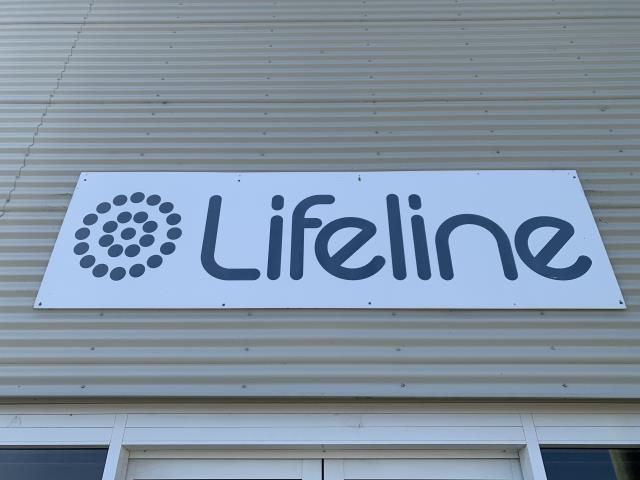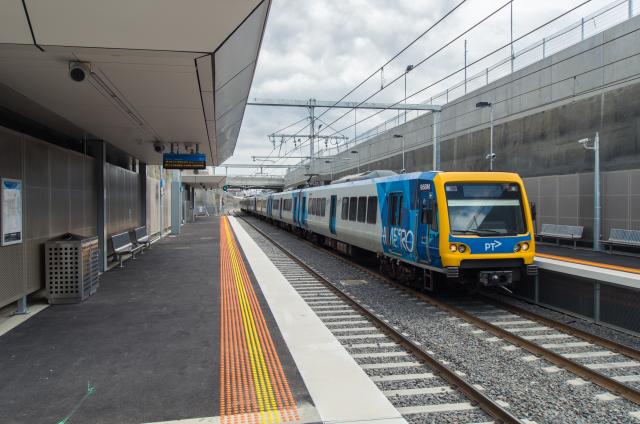Victoria’s next Cross Border Commissioner has been appointed to continue advocating for locals living and working across the state’s border communities.
Regional Development Minister Gayle Tierney announced on January 24, that Brett Davis will take up the role from next month, continuing the critical work to resolve local issues and develop common approaches with neighbouring states.
He will replace inaugural commissioner Luke Wilson who is stepping down after five years in the role.
Ms Tierney thanked Mr Wilson for all his work in this role and congratulated Brett on his appointment.
“Brett has a wealth of experience and a proven track record of developing and implementing initiatives that benefit communities and help local businesses prosper,” she said.
“We understand the challenges that face our border communities, and this role is vital in helping us deliver practical outcomes for people who live in them.”
Mr Davis has most recently been chief executive of Moyne Shire council and was previously the executive director regional Victoria for the Victorian Planning Authority.
He has more than 30 years’ experience across both public and private sectors across Australia in a range of fields including town planning, local government, and industry- with a particular focus on rural and regional Victoria.
The Cross Border Commissioner was established in 2018 to identify and advocate for matters affecting communities that straddle state jurisdictions, helping make them even better places to live and work.
During his time as Cross Border Commissioner, Mr Wilson helped design the border bubble during Victoria’s temporary border closures in 2020 and 2021.
He also helped Victoria’s border communities to access relief and recovery arrangements following the devastating fires in the Upper Murray and East Gippsland in 2019 and 2020.
Other outcomes include advocacy for numerous reforms including V/Line regional fare caps, improved inclusion of border applicants in state government grant programs, and improved information on road rule changes for P and L plate drivers.







